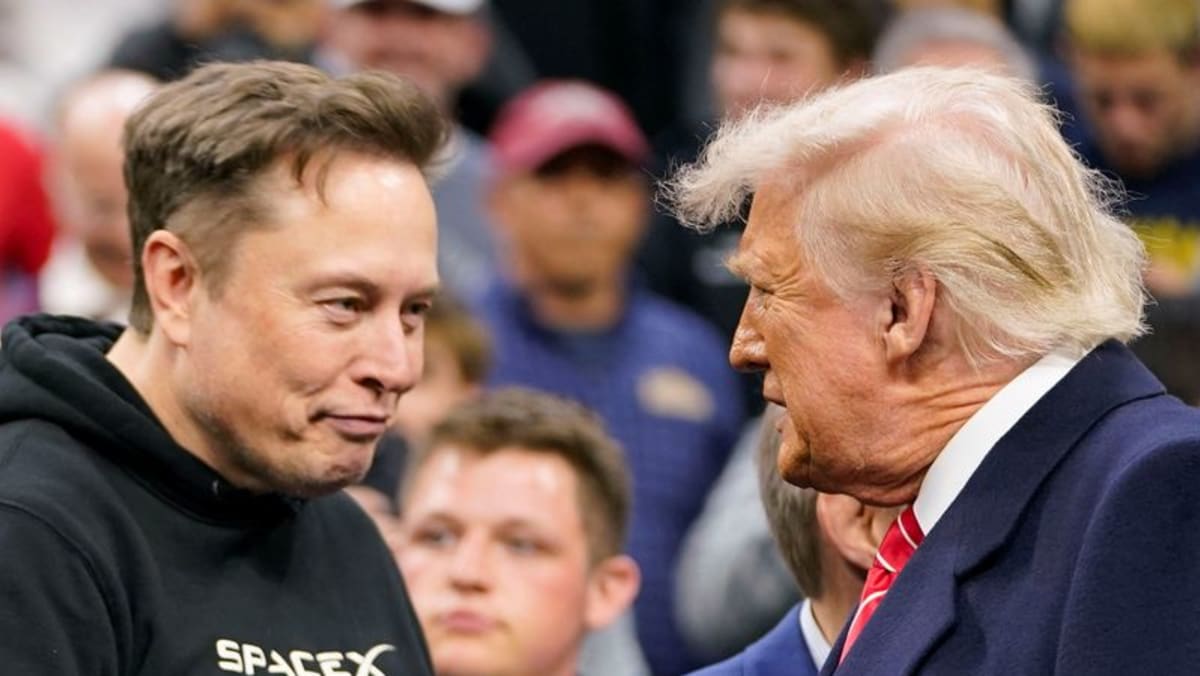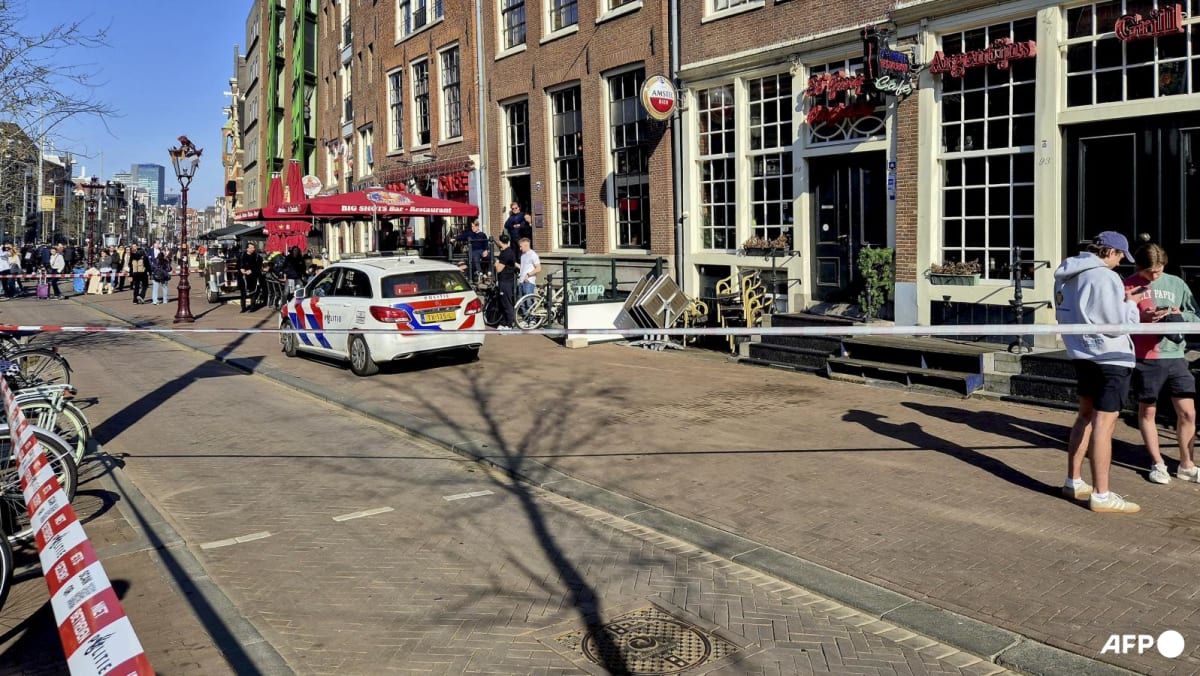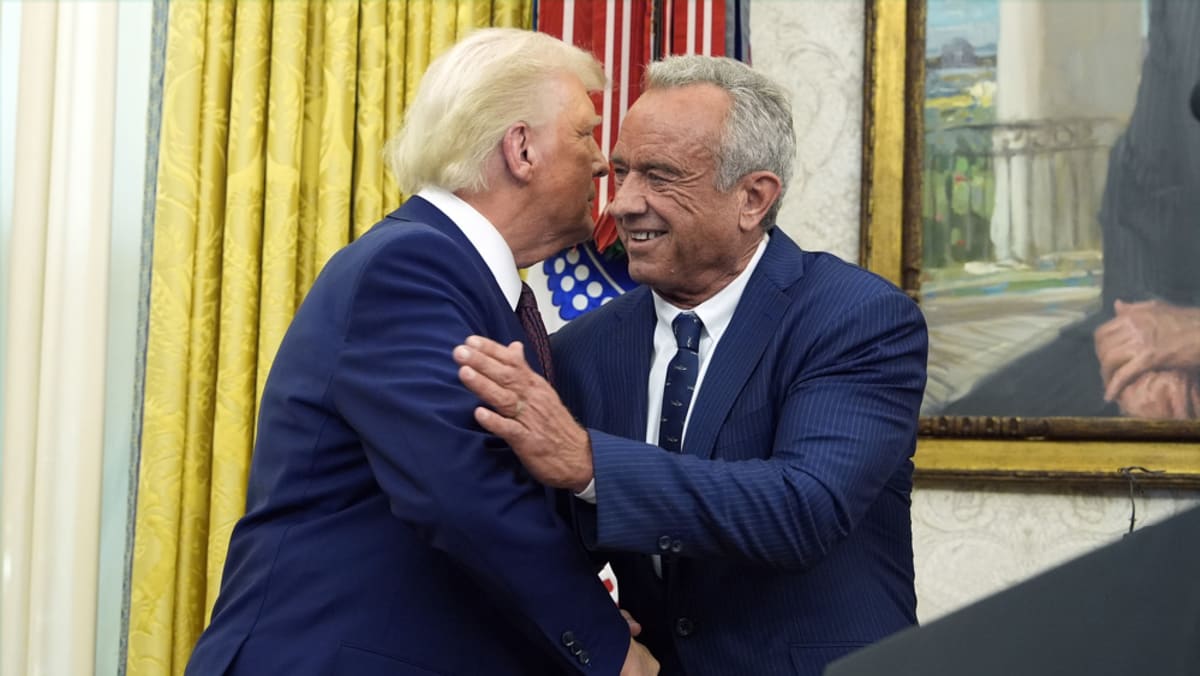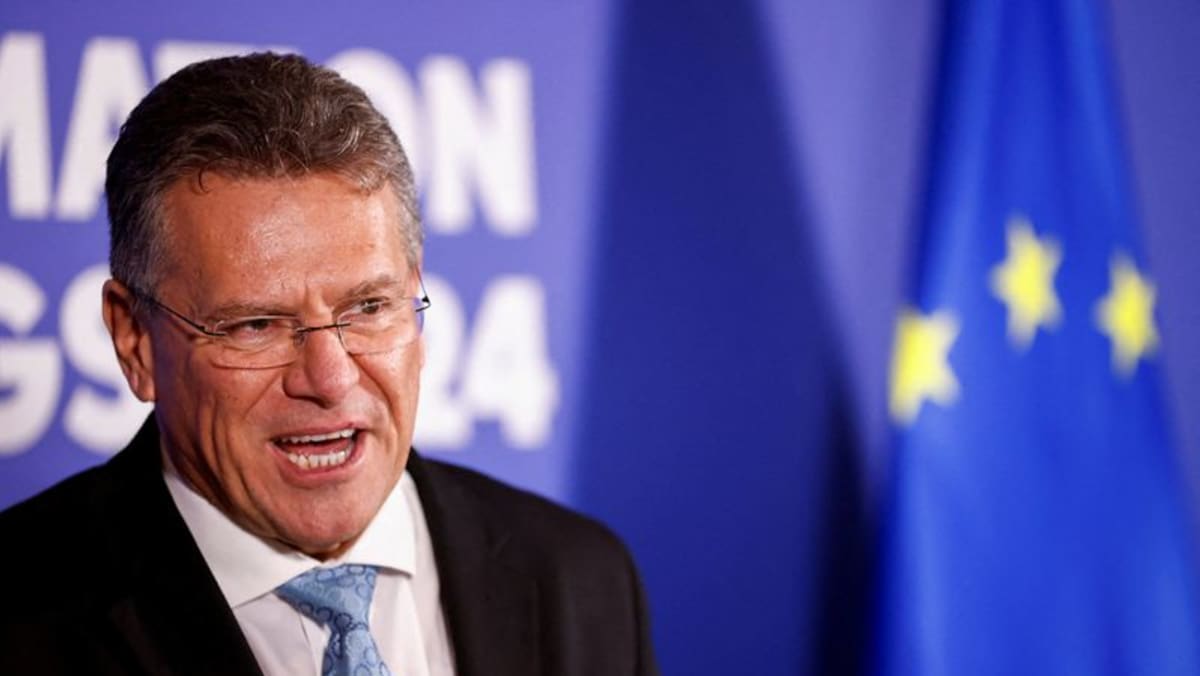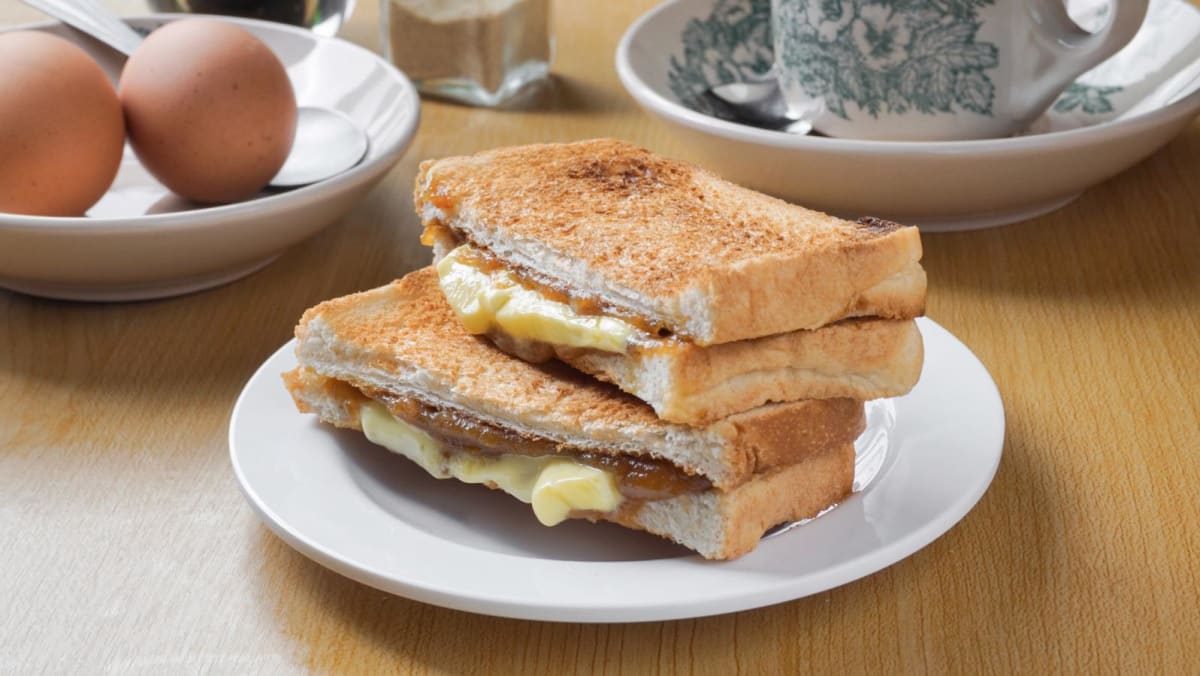Niche sports in Singapore hope kitefoiling’s Olympic glow helps buoy their communities
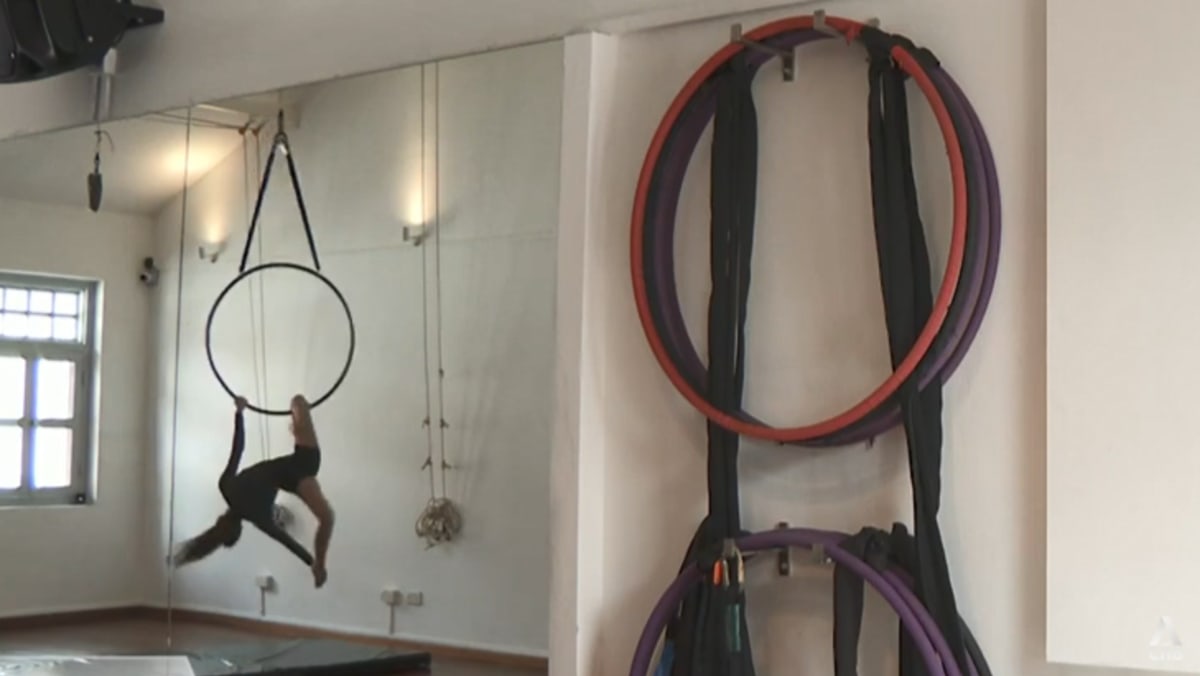
POLE AND AERIAL SPORTS
Studios offering pole and aerial sports have also seen an increase in participants over the past decade. The term includes disciplines like pole dancing, aerial hoop and aerial silks, where participants perform acrobatic moves on apparatuses.
From just four studios 10 years ago, industry players say there are now more than 40 such venues across the island.
Singapore has a world number 2 and 11 in their respective age groups for aerial hoop.
Natalie Ng, the world number 11 in the aerial hoop sports elite women’s 18+ category, said Maeder’s Olympic bronze gives her hope that aerial sports, too, can one day gain global recognition.
“I’m very motivated to train even harder now. I want to make Singapore proud, hopefully standing on the podium, holding the Singapore flag,” she said.
Coach Tracy Mak said: “We just need to get more national federations around the world to (become) a full-fledged sport, and hopefully one day be in the Olympics.”
However, she cautioned that the dream has a long way to go – there is no federation in Singapore for pole and aerial sports at the moment.
Having a recognised sports association will make it easier to get support from the relevant authorities – including Sport Singapore and other agencies – as well as corporate sponsorships and funding.
It will also give the sport a leg up to expand into co-curricular activities in schools.
Ng said one drawback of aerial sport in Singapore is people tend to pick it up recreationally in their adulthood. In contrast, athletes in other countries are exposed to the sport younger.
Another hurdle the community needs to overcome is the stigma attached to the sport. Although highly athletic and artistic, it has long been associated with nightlife and clubs.
“It is challenging from a business perspective because people don’t know what we do, or they have certain misconceptions,” Mak said.
KETTLEBELL SPORT
Yet another niche sport producing competitive athletes – on the ground this time – is kettlebell.
The discipline requires raising a kettlebell as many times as possible within a given time.
Singaporean Dexter Tay took home two medals at last year’s World Kettlebell Championships.
The sport is seeing some traction, with about 400 people training with kettlebells today, up about 30 per cent over the previous year, he noted.
But awareness is still lacking, the 42-year-old said, adding there is misconception that mastering the techniques is too challenging for regular people.
“(Kettlebell) is done in only a few gyms here in Singapore, there aren’t a lot of eyeballs on the sport,” he said. “There hasn’t been a lot of opportunity to showcase what the sport is about,” he said.
“Training in kettlebell sport has helped me greatly, not just from a physical strength perspective… it also helped me develop my mental strength, grit and resilience.”
In the past three years, the community has organised three nationwide competitions, with another upcoming next month. They said the sport is seeing more signups with each edition.
Tay hopes the glow from Maeder’s Olympic achievement will rub off on non-mainstream sports and translate into more funding and facilities to grow their elite squads.
“It shines a spotlight on the need to look at niche sports and maybe the authorities (will) consider divesting some resources to the growth of niche sports and their athletes who have the potential to shine on the global stage. There are hidden talents all over,” he said.
Last week, Minister for Culture, Community and Youth Edwin Tong said the government will support athletes who show promise, regardless of whether they are in mainstream sports or in less common ones.
Prime Minister Lawrence Wong also said in his National Day Rally speech on Sunday (Aug 18) that Singapore will do more to strengthen sporting culture.
“I’m glad that more young Singaporeans with the talent in sports are taking it seriously and excelling at the highest levels. Mindsets are changing,” Mr Wong added.
Source: CNA






